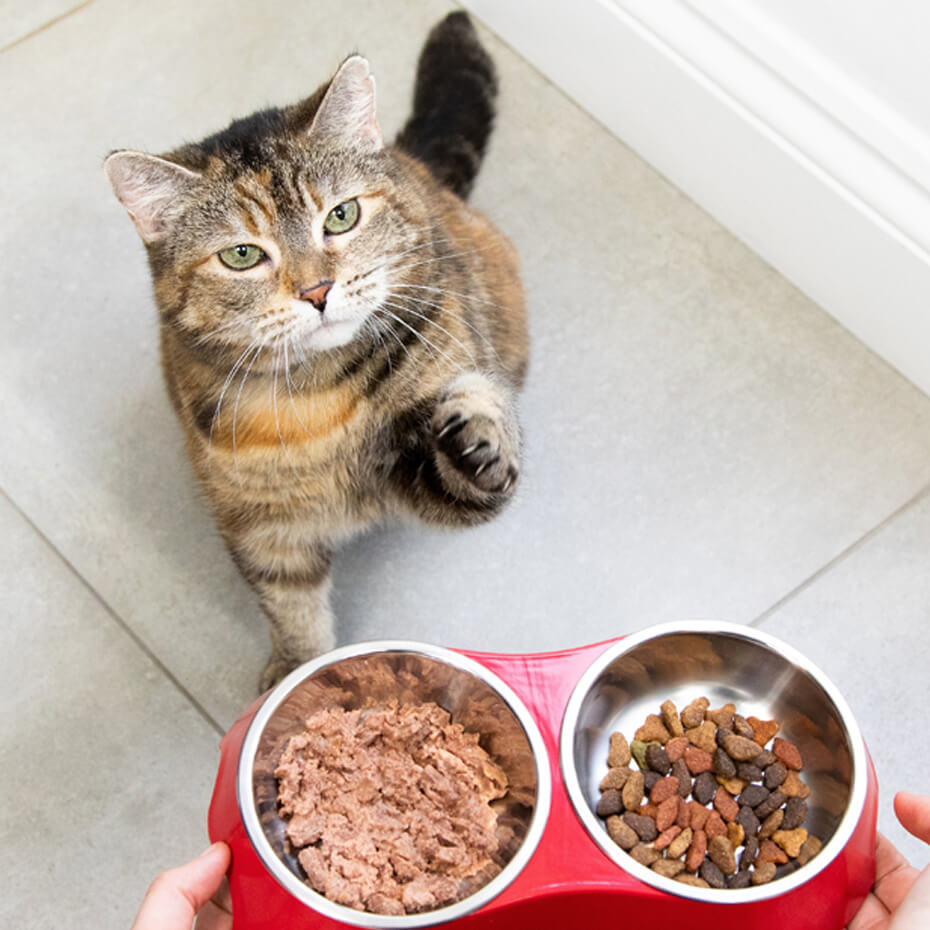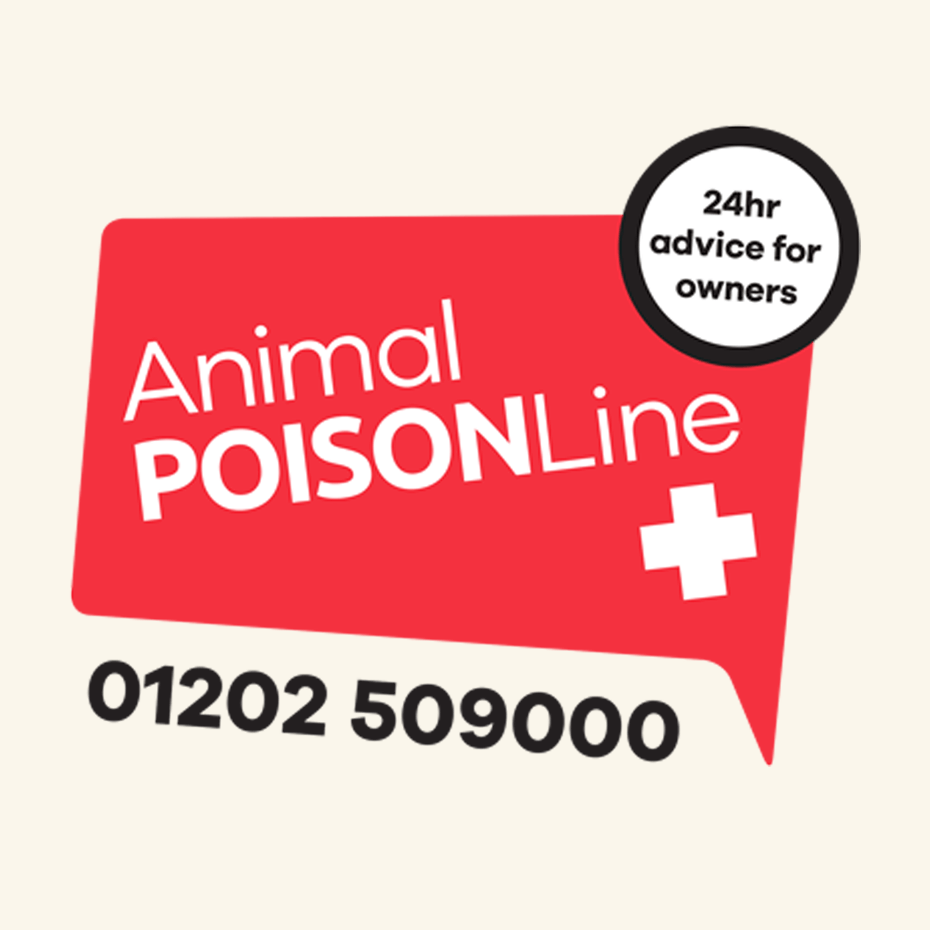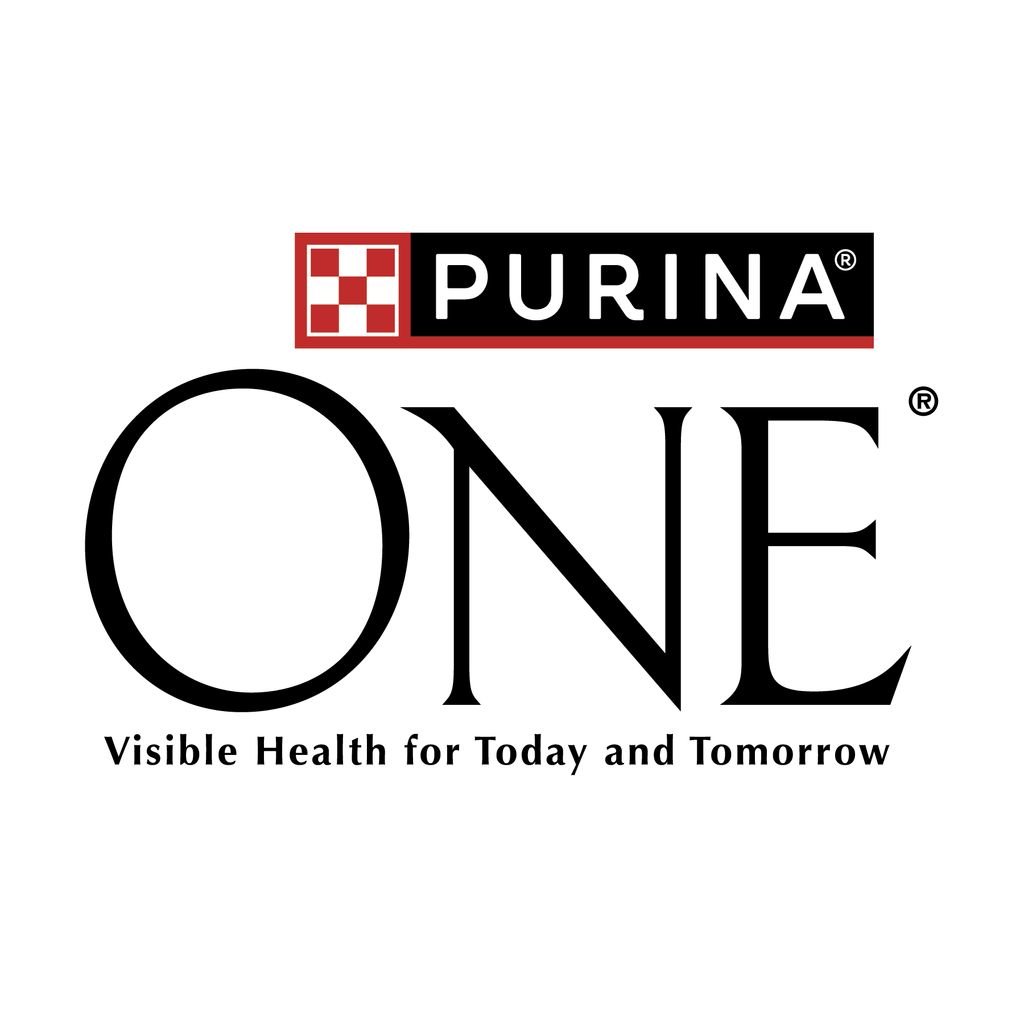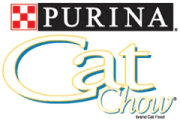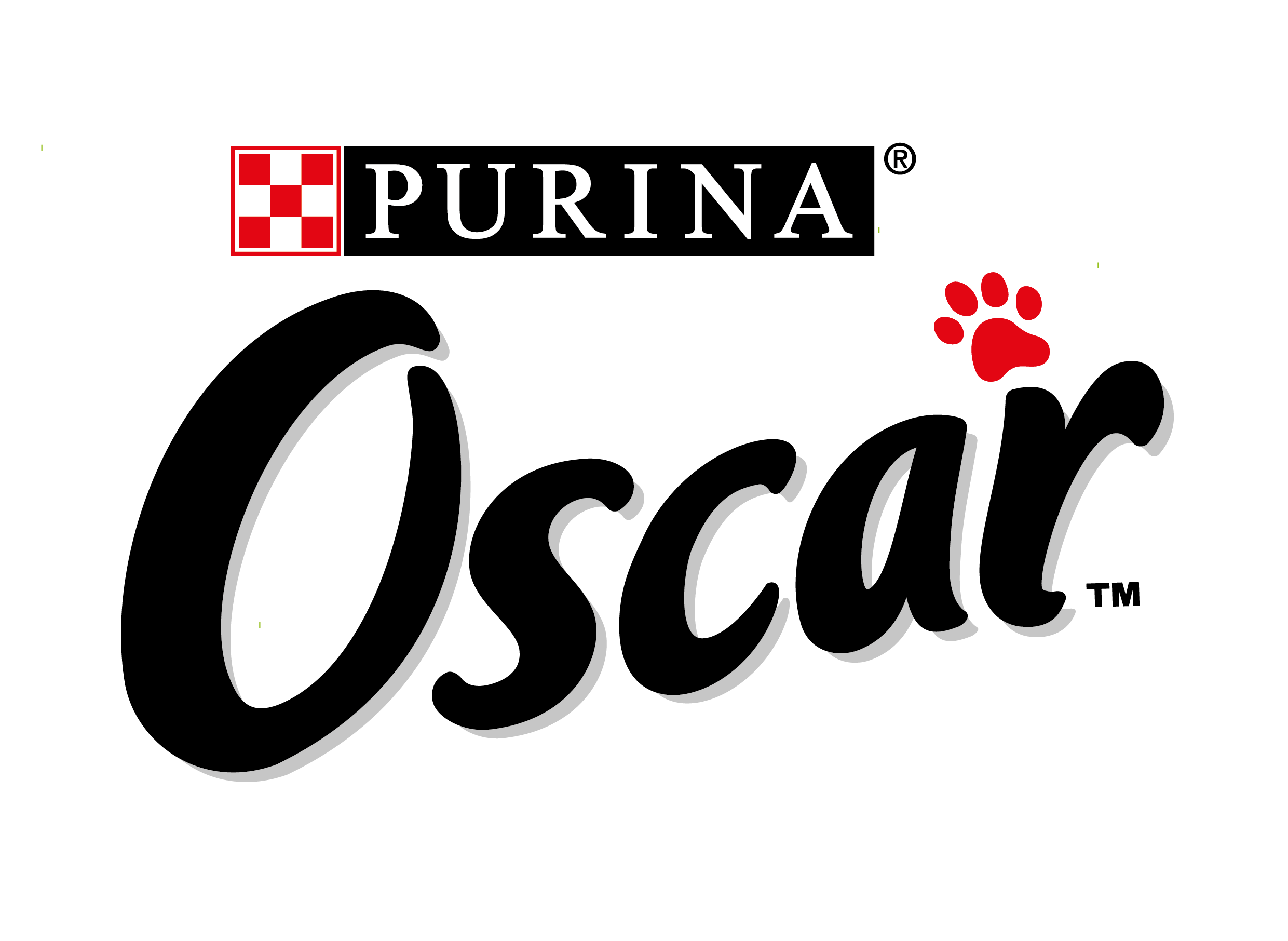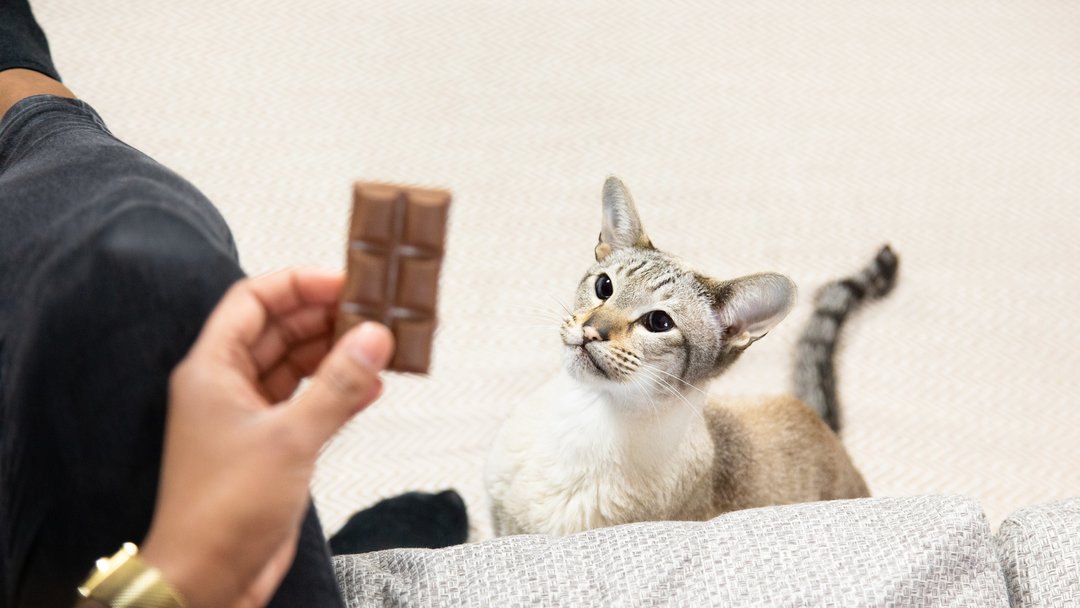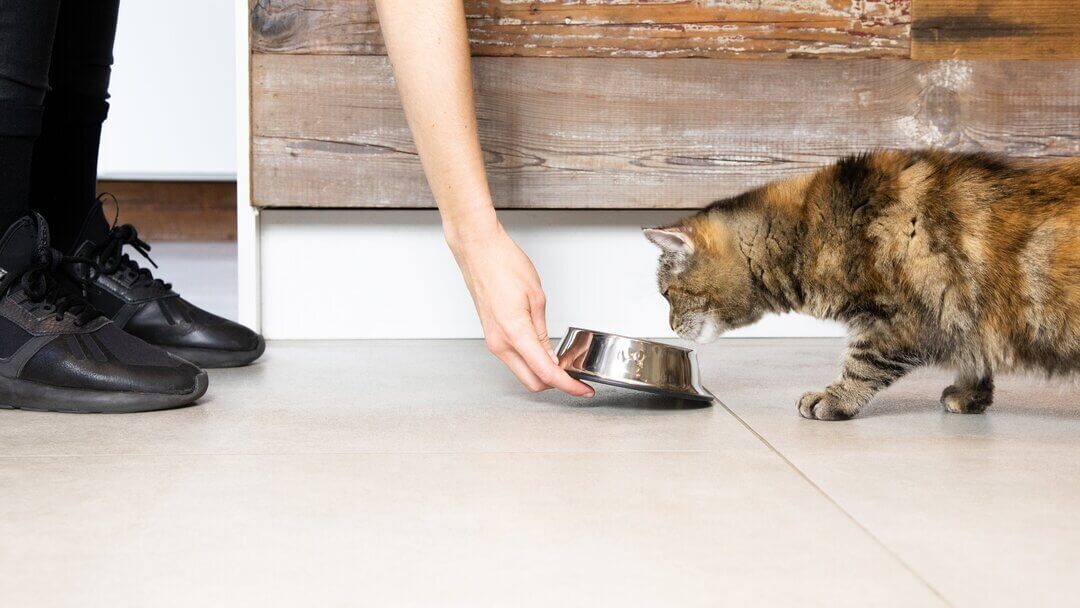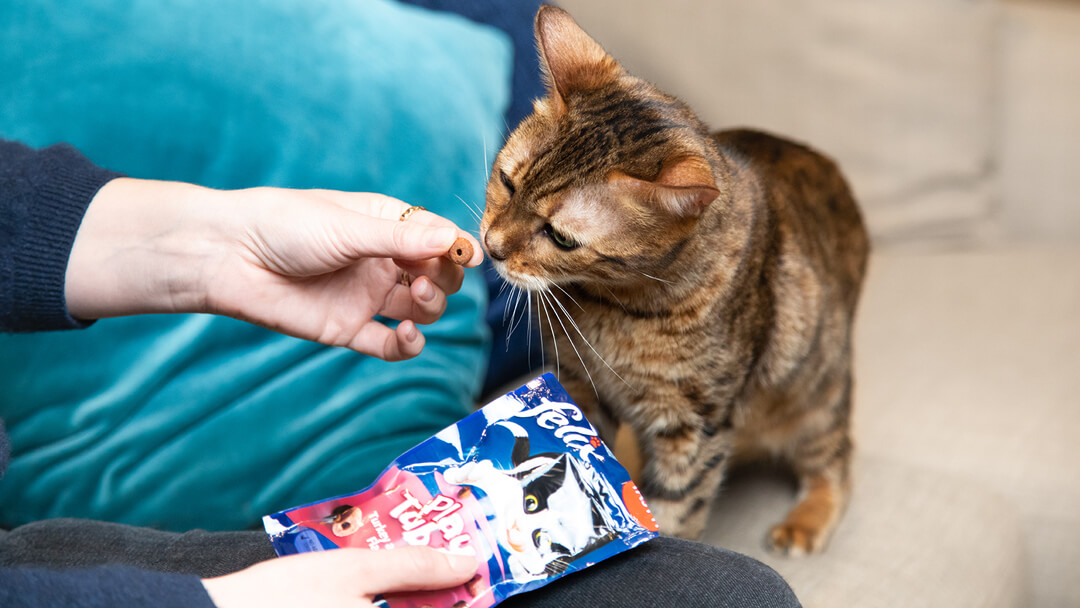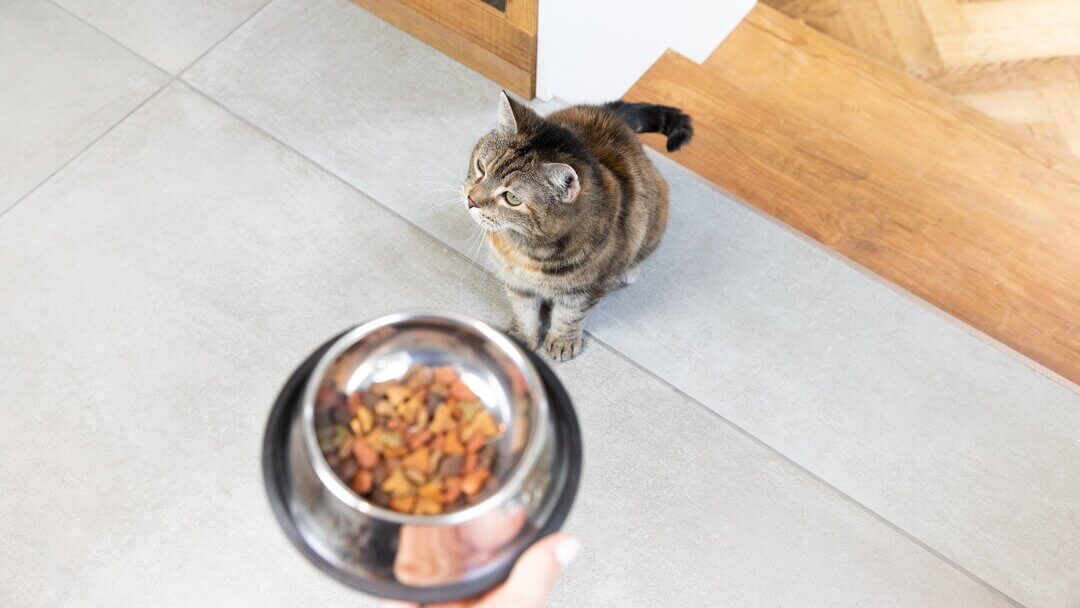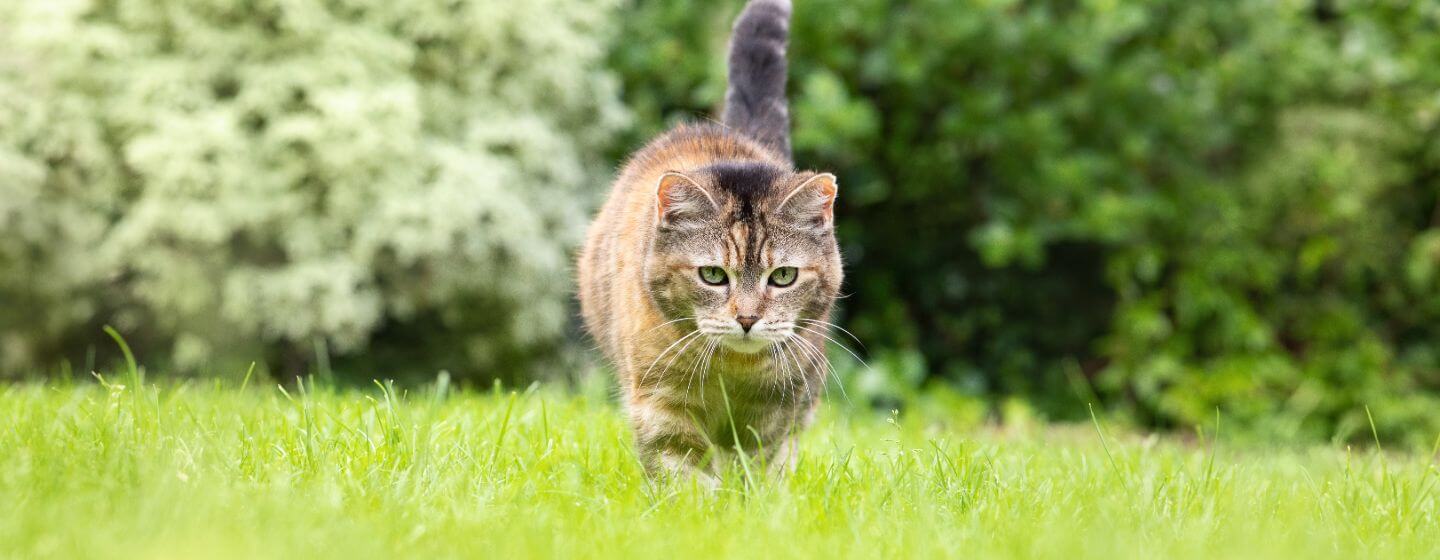
Your cat’s sense of exploration is one of the things that makes them so precious to you, but it sometimes means you have to keep an eye out for things that can harm them, too.
There are many harmful substances and poisonous foods for cats that your feline friend might come across in their lifetime, so it’s important that you know which to keep out of their reach in the home.
Your cat’s natural curiosity leads them to explore non-stop; whether they’re roaming the great outdoors or climbing into all the nooks and crannies of your house, there’s no knowing what they’ll find on their next adventure. Around the home and in the garden there are poisonous foods for cats and non-food substances, including plants, which could be potentially dangerous to your feline friend. Some of these are obvious, but others look completely innocent.
For example, your cat might like the look of the snack you just ate or the medicine you take, but these things – while causing no harm to us – might be poisonous foods for cats, and in some case they could be life-threatening. Many chemicals that are routinely used around the house, such as bathroom cleaners, can also be harmful if your curious cat gets their paws on a bottle.
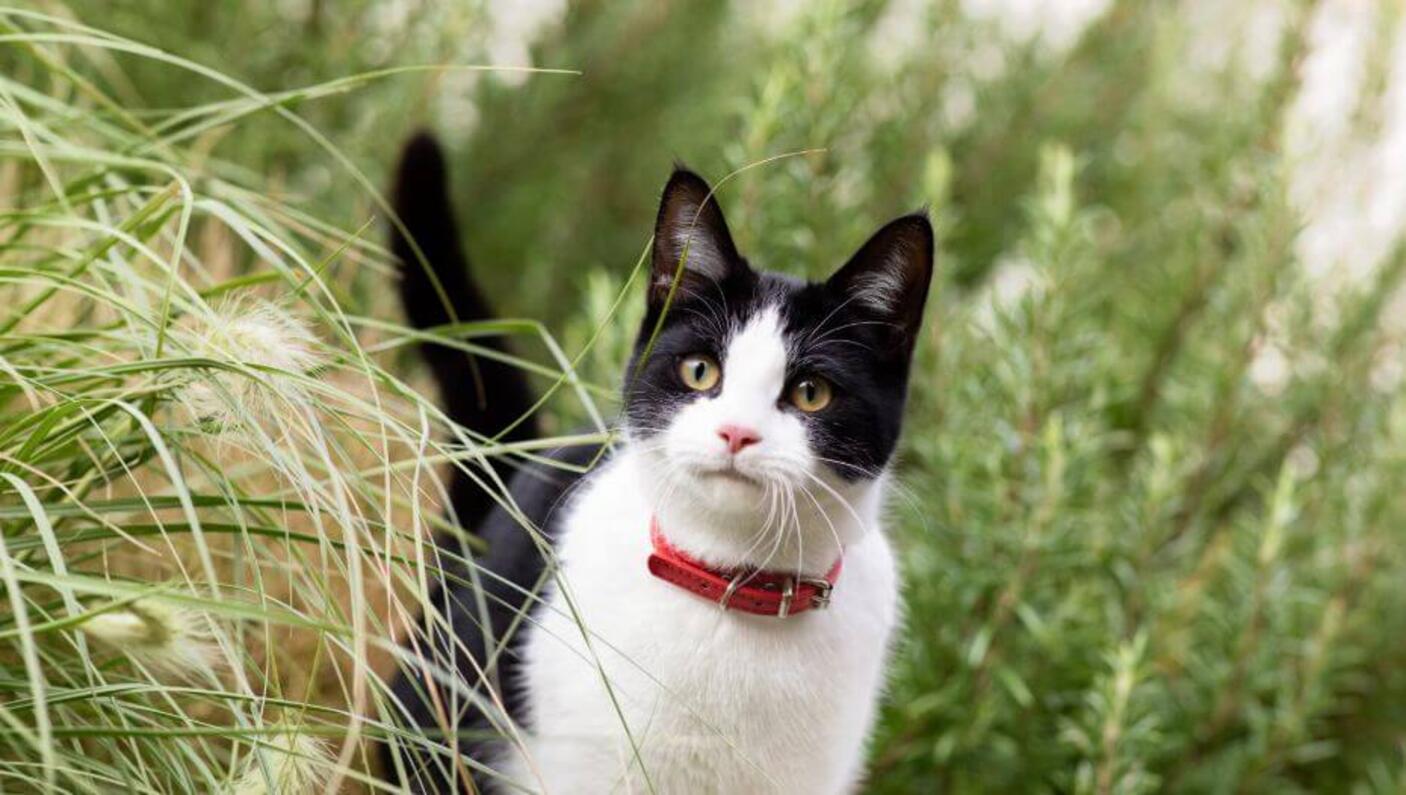
Poisoning substances for cats in the house
Common examples of human medications that could be potentially lethal and highly poisonous to cats even in small doses:
- Painkillers.
- Cold medicines.
- Vitamins.
- Diet pills.
Your cat should only take medicine if it’s under the direction of a vet – they’re best placed to know what will make a poorly cat better. Many medications that humans can use safely are poisonous for cats, so don’t be tempted to give it a try. It’s also good to bear in mind that some medicines can be safely given to dogs, but have serious adverse effects if your cat takes them instead. Only ever give your cat medicines that are designed for cats and have been prescribed by your vet.
Keep all prescriptions and over-the-counter drugs out of the reach of your cat, preferably in closed cabinets.
If your cat has fleas, before buying or using flea products contact your vet to discuss what types are best for them. Permethrin is a flea killing substance that is harmful to cats, so never apply a dog flea product to a cat. Read more on the feline charity International Cat Care’s website. Read all the information before using a product on your cat or in your home, and always follow label instructions to make sure they stay safe. When using a house spray, make sure you remove all pets from the area for the time period specified on the container. If you are uncertain about the use of any product, contact the manufacturer or your vet to clarify.
Don’t let your cat into areas where cleaning agents are used or stored. Some of these things might only cause a tummy upset in your cat, while others act as cat poison and could cause severe burns on their tongue, mouth and stomach, and in some cases be fatal.
Many common household items are poisonous to cats, even if they don’t look dangerous – even in low quantities, they can be very toxic. There’s no need to banish them from your home altogether, but keep an eye on things to make sure you cat doesn’t decide to play with them! These items include:
- Pennies (due to their high concentration of zinc).
- Mothballs.
- Potpourri oils.
- Fabric softener sheets.
- Automatic dish detergents (which contain cationic detergents which could cause corrosive lesions).
- Batteries (which contain acids or alkali, which can also cause corrosive lesions).
- Homemade play dough (which contains a high quantity of salt).
- Winter heat source agents like hand or foot warmers (which contain high levels of iron).
- Cigarettes.
- Ground coffee.
- Alcoholic drinks.
- Chocolate.
- Grapes/raisins.
- Garlic or onions.
Because of an ingredient called theobromine, chocolate is toxic for cats. Although they’re not very likely to storm the chocolate cupboard, milk based chocolate drinks can be quite enticing for a feline. Check out our article for more details on why cats can’t eat chocolate.
It’s also a good idea to take care when using potentially health-threatening pollutants around the home, as your cat can wander in at any time.
These pollutants include fumes from household products that act as poisonous substances for cats:
- Cleaning agents.
- Pesticides.
- Paints.
- Varnishes.
- Microbial and fungal agents found in air conditioners, air ducts, filters and humidifiers.
If you’re removing lead paint, use extreme caution, and clean up quickly and thoroughly if you can. Other items containing lead that your cat might take a shine to include lead-based paint, linoleum and caulking compounds.
If you suspect that your cat has come into contact with any of these substances, keep an eye out for signs of ill health.
Poisonous substances for cats in the garden and garage
Your cat loves playing in the ‘jungle’ (better known as your garden!) but when treating your lawn or garden with fertilizers, herbicides, or insecticides, always keep your cat away from the area until it dries completely.
If in doubt, you could discuss the use of these products with the product manufacturer, who should be able to tell you how safe they are for pets. Always store these products in an area safely aware from your feline friend, as they are often poisonous to cats.
When using rat or mouse baits, ant or cockroach traps, or snail and slug baits, place the products in areas that are inaccessible to your cat – you don’t want them getting a paw caught or tasting anything bad for them.
As well as this, car products such as oil, petrol and antifreeze should be stored properly. Any amount of antifreeze (which contains ethylene glycol) can be not only poisonous to cats, but lethal.
As well as common household and garden products that might look tempting to your cat, there are also poisonous plants to cats that often crop up in the garden. Keep a watchful eye on your cat if you have these plants around, and if you think your cat is in particular danger, consider removing them. These plants include:
- Aloe Vera.
- Apple (seeds).
- Apricot (pit).
- Autumn Crocus.
- Cherry (seeds and wilting leaves).
- Daffodil.
- Easter Lily.
- Elephant Ears.
- English Ivy, Poison Ivy, Devil's Ivy and other ivies.
- Foxglove.
- Geranium.
- Narcissus.
- Oleander.
- Oriental Lily.
- Peach (wilting leaves and pits).
- Primrose.
- Rhododendron.
- Tomato Plant (green fruit, stem and leaves).
- Yew.
- Amaryllis.
- Azalea.
- Bird of Paradise.
- Clematis.
- Cyclamen.
- Eucalyptus.
- Indian Rubber Plant.
- Lily of the Valley.
- Mistletoe.
- Nightshade.
- Onion.
- Peace Lily.
- Poinsettia (low toxicity).
- Swiss Cheese Plant.
- Tiger Lily.
- Weeping Fig.
What are the symptoms for cat poisoning?
Cat poison symptoms and signs of ingestion include vomiting, diarrhoea or constipation, loss of appetite or muscle co-ordination, blindness, and seizures. If you are unsure, it’s always best to contact your vet for advice.
Preventing cat poisoning
Keeping your home and garden safe is mostly about common sense – not leaving things open and easily accessible, for example, if they’re likely to be mistaken for a tasty treat.
Prevention is always better than cure, of course – and with a little attention to the things in your home, your cat can live a happy and healthy life away from harmful substances and poisonous cat foods.
Further information
The Veterinary Poisons Information Service (VPIS) is an internationally renowned poisons information service based in London. Although the VPIS only handles direct enquiries from vets (not pet owners), its website does provide some useful information if you want to check it out.
If you have any concerns about any potential toxins or poisonous foods for cats your pet may have eaten, you should always speak to your vet as soon as possible to obtain advice and guidance.
Next, discover the foods that can cause allergies in cats and find out what to do if you recognise these unusual cat illness symptoms.

